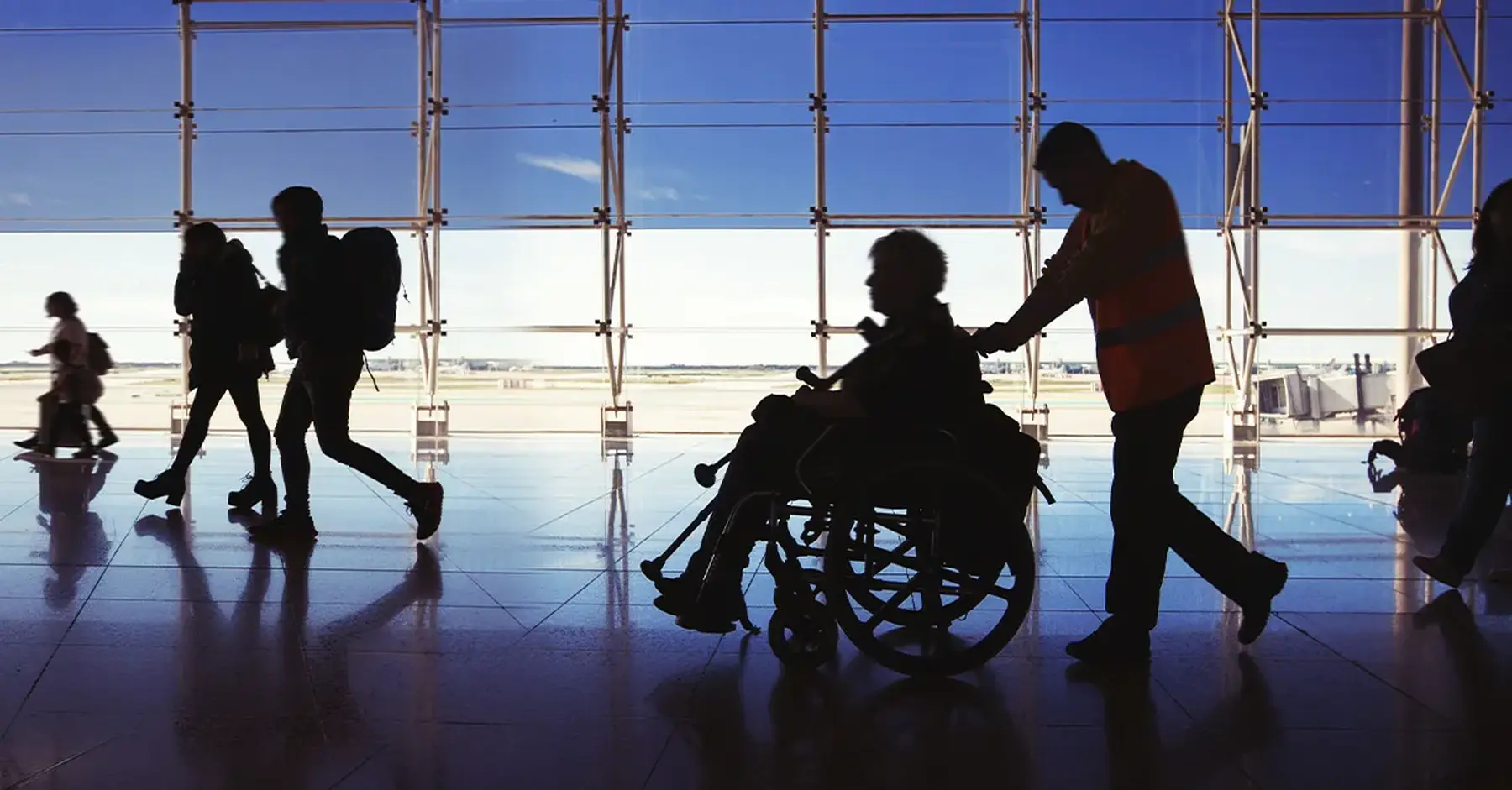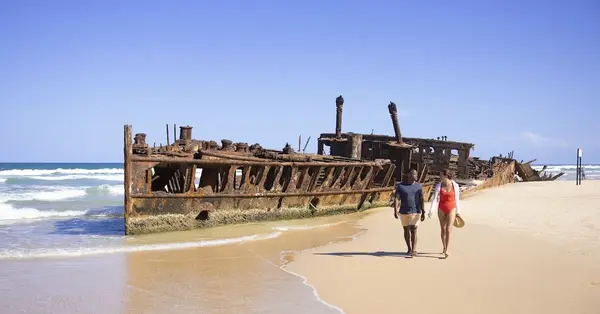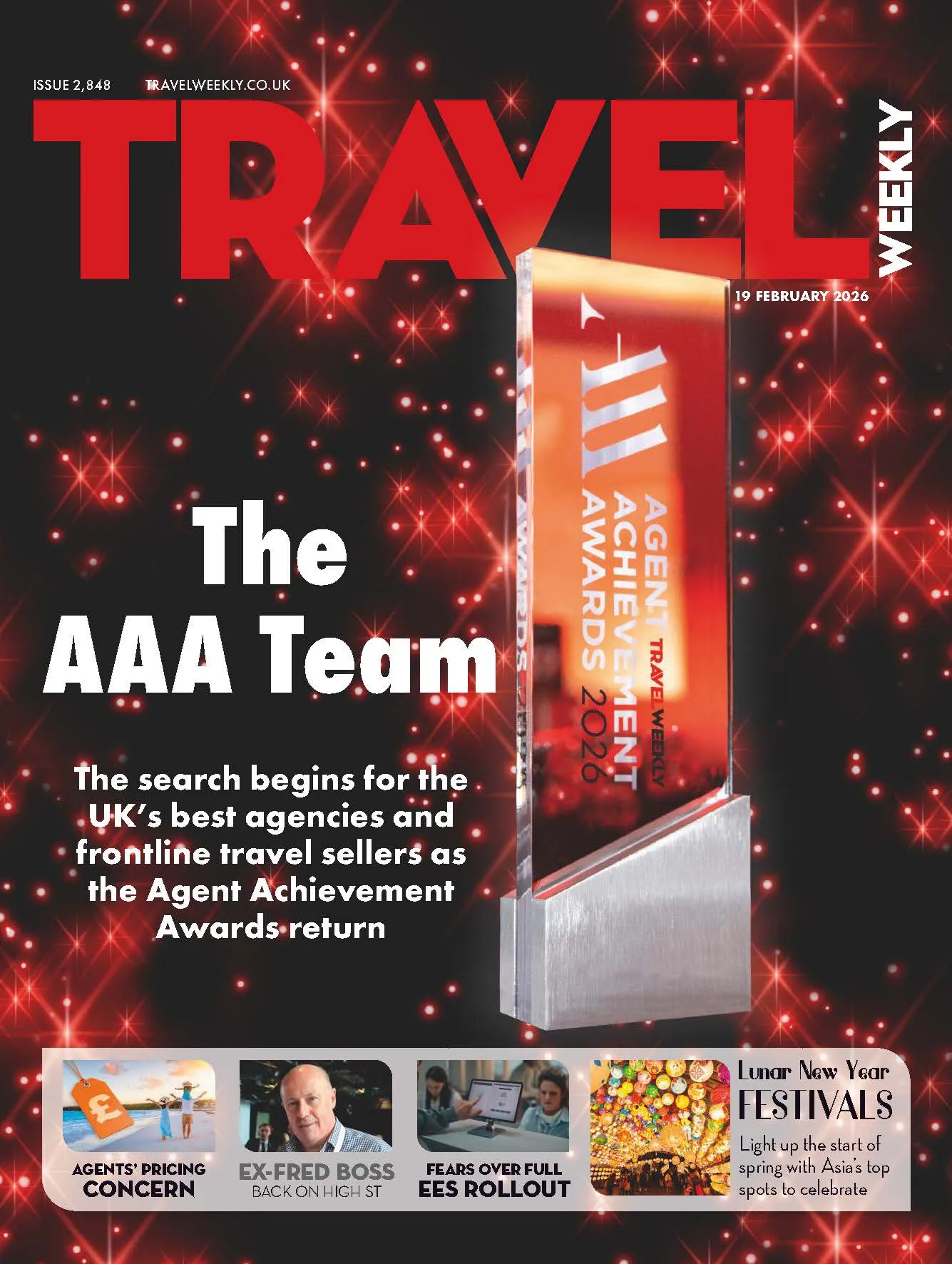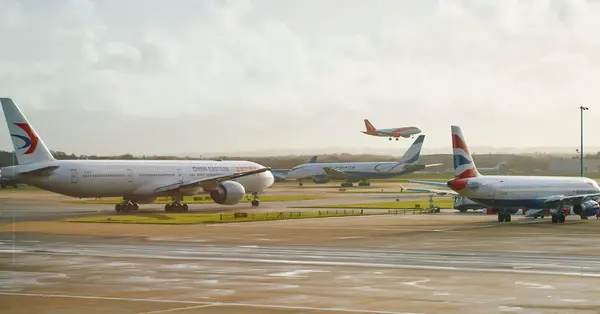You are viewing 1 of your 2 free articles
Flight accessibility task group set to make recommendations in July
Report to examine disabled people’s experience of aviation
The government-commissioned Aviation Accessibility Task and Finish Group is poised to publish recommendations on making flying more accessible.
The group, set up in November and chaired by Baroness Tanni Grey‑Thompson, is due to report by July, having been asked to examine “disabled people’s experience of aviation” and develop “practical and achievable actions”. Grey-Thompson said in March that the group was whittling down a list of 144 recommendations.
The Department for Transport (DfT) has said it will respond to the report and “take account of the recommendations if we’re able to secure legislative space”.
More: CAA to gauge UK airports’ progress on accessibility
Flight accessibility task group set to make recommendations in July
Abta is part of the group, and public affairs director Luke Petherbridge noted in April: “If we ask for big expensive solutions, it’s not going to happen.”
However, a DfT spokesperson said: “There are ways to improve this without an impact on costs. The intention is to focus resources where they’re most needed.”
Separately, the CAA is due to launch a consultation on airlines’ carriage of wheelchairs and the rate at which these are damaged. An industry source noted:
“Certain airlines and airports are worse in this regard. The consultation will shine a light on this and whether the CAA can do some targeted enforcement.”
Anna Bowles, CAA head of consumer policy and enforcement, told an Abta Travel Law Seminar last month that the CAA uses “reputational regulation” to drive airports’ compliance on accessibility.
But she noted: “We have enforcement powers.”
There were 4.6 million requests for assistance at UK airports in the last full year, and an industry source said: “The UK has seen a big spike in assistance requests since Covid. International data shows the UK is a bit of an outlier [on this]. It’s important to make sure assistance is targeted to those who need it.”
Agents and operators called for greater uniformity in meeting the accessibility needs of travellers.
Ben Kirby, chief executive of tour operator Enable Holidays, said: “We would like more standardisation, so everyone gets the same level of service. Every airport assistance team is different.”
He also called for increased compensation when wheelchairs are damaged, saying: “The cap on how much passengers can claim from an airline if their chair is damaged nowhere near covers the cost.”
However, Kirby added: “We probably don’t highlight the successes we have, and there are a lot. We have customers who thought they could never travel again, and they’ve just booked their third holiday with us.”
Limitless Travel founder Angus Drummond suggested the law around accessibility does not go far enough, saying: “We had to cancel a whole trip because a ferry company couldn’t fix a broken lift. We had customers who had waited months, even years, to go on holiday.”
Belfast-based InteleTravel agent Caroline Harris, who runs Air & Ocean Travel and has a son with hypotonic cerebral palsy, said about 75% of her clients have some form of accessibility requirements.
She said there is a lack of education “around hidden disabilities” at airports, where gate staff may think, ‘He can walk, so what’s the problem?’”
Bowles advised agents and operators: “Don’t make assumptions – ask what a customer’s needs are.”


















